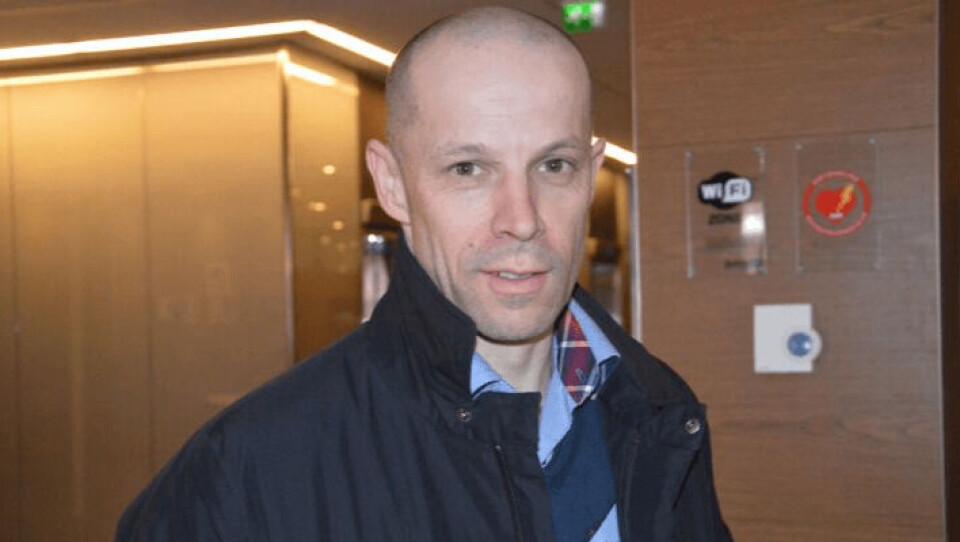
NRS navigated well in fluctuating market
Despite large price fluctuations in the second quarter, Norway Royal Salmon (NRS) managed to control farmed production efficiently. Among other things, it reversed increasing production costs.
The fish farmer today reported operational EBIT for the second quarter of 2020 of NOK 120 million (£10.2m) and EBIT per kg of NOK 17.06. Corresponding figures from the same quarter last year are NOK 113m and NOK 27.46.
“We have had a quarter that is characterised by large fluctuations in the market price of salmon, and thus achieved a clearly lower salmon price than at the same time last year. This is largely due to the Covid-19 pandemic,” said chief executive Charles Høstlund.
Production cost
“It is gratifying that the production cost has a positive development from the previous quarter, where in some localities we have achieved good biological and economic results in the quarter. We still see that we have fluctuations in performance that are too large, which means that our main focus in the future is on strong cost control and better utilisation of our production capacity.”
NRS achieved an operational EBIT in the second quarter of 2020 of NOK 134.7m against NOK 136.2m in the corresponding quarter the year before.
The company harvested a volume of 7,894 tonnes gutted weight in Q2, which is 59% higher than the corresponding quarter last year.
35,000 tonnes for 2020
For 2020, the harvest volume is anticipated to be 35,000 tonnes, which is an increase of 28% compared to the harvest volume for 2019.
The volume sold from the sales business in the quarter is 20,650 tonnes of salmon, which is 18% higher than the corresponding quarter last year.
Norway Royal Salmon ASA (NRS) group owns 36,085 tonnes of allowed biomass for salmon farming located in Troms and Finnmark in northern Norway. In addition, the group has minority interests in three affiliated Norwegian fish farming companies which have a total of 11 fish farming licences and Arctic Fish in Iceland which has licences for 11,800 tonnes of biomass.























































